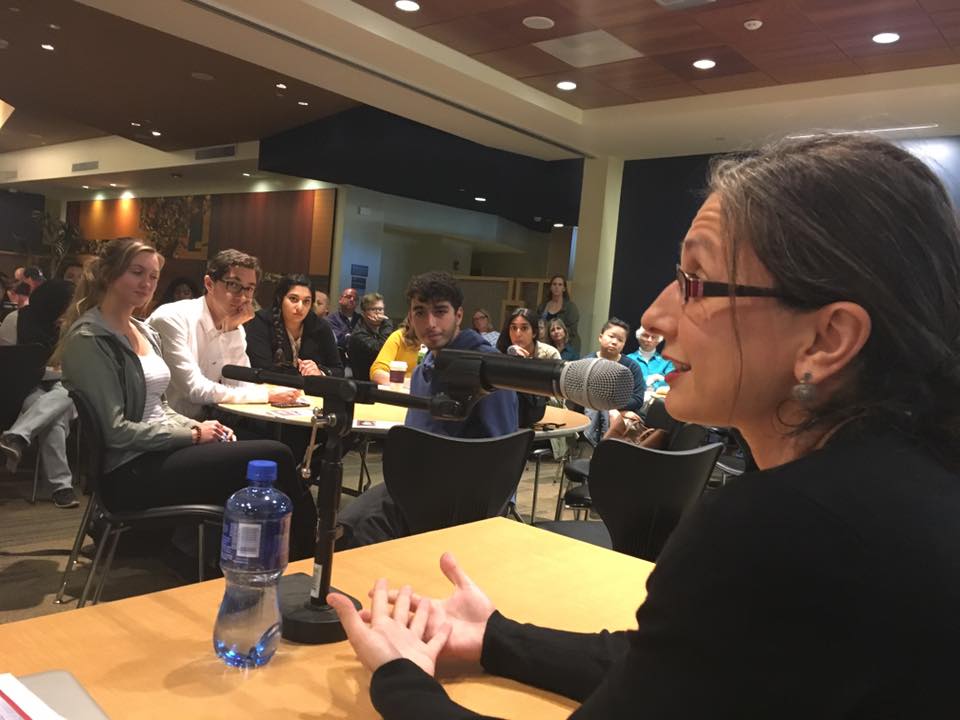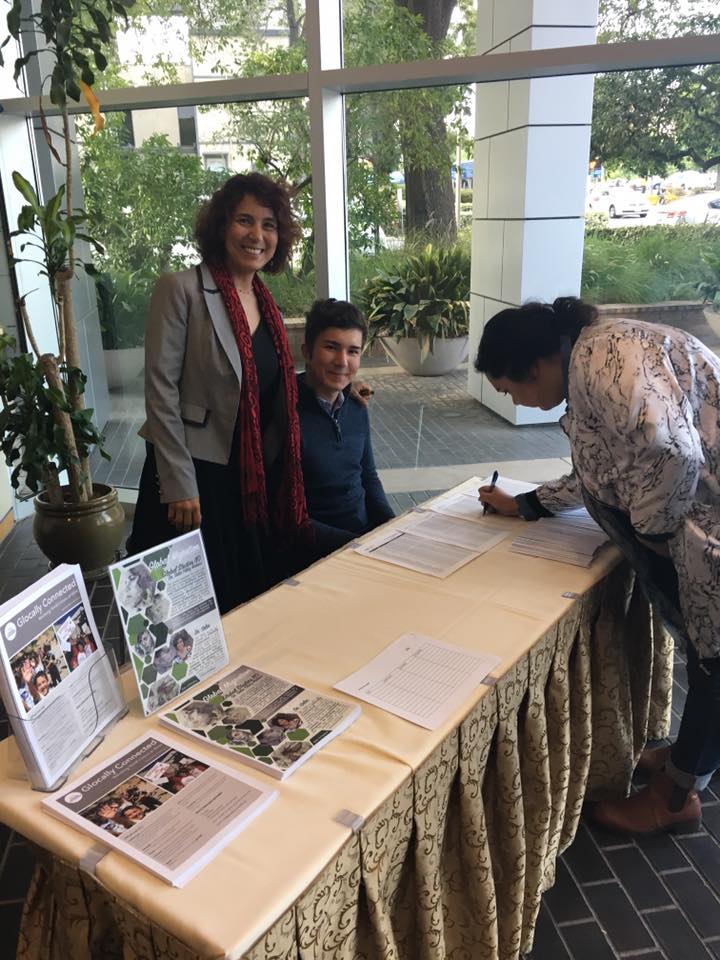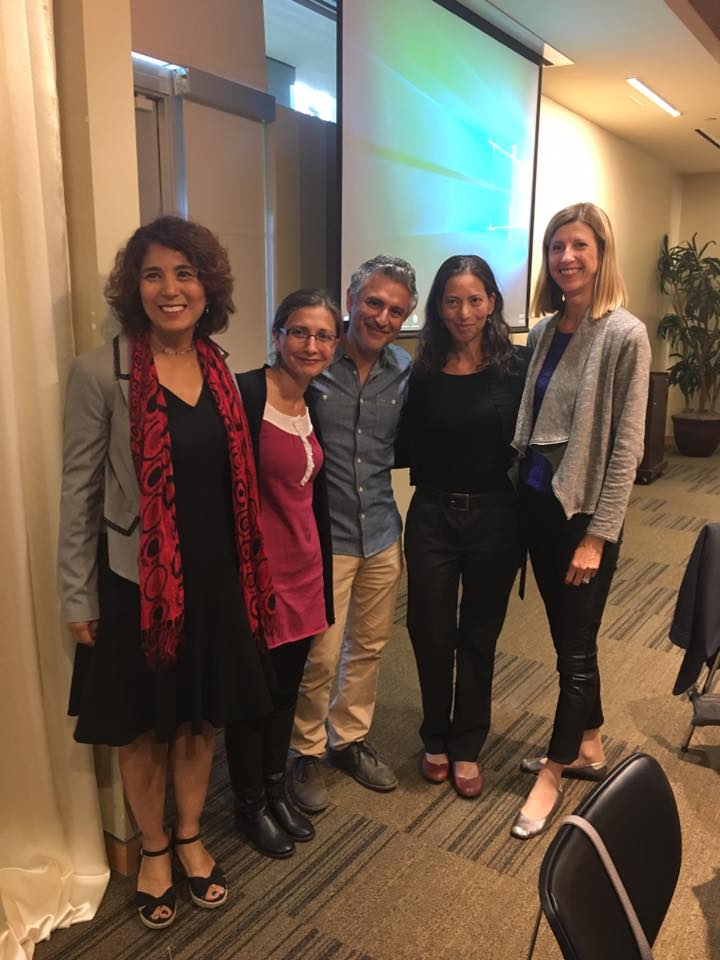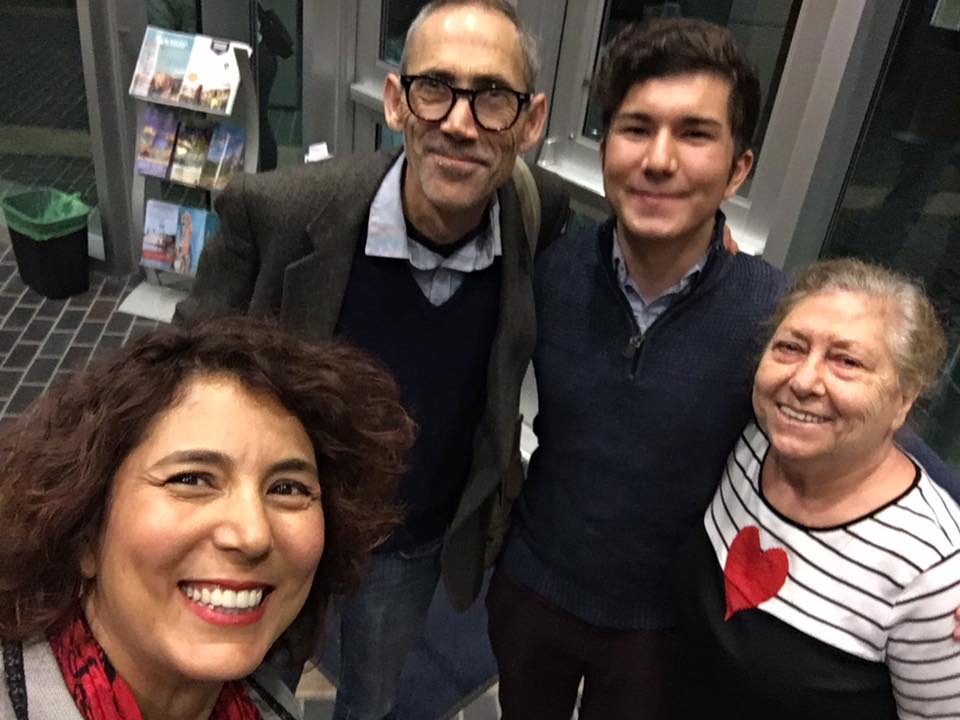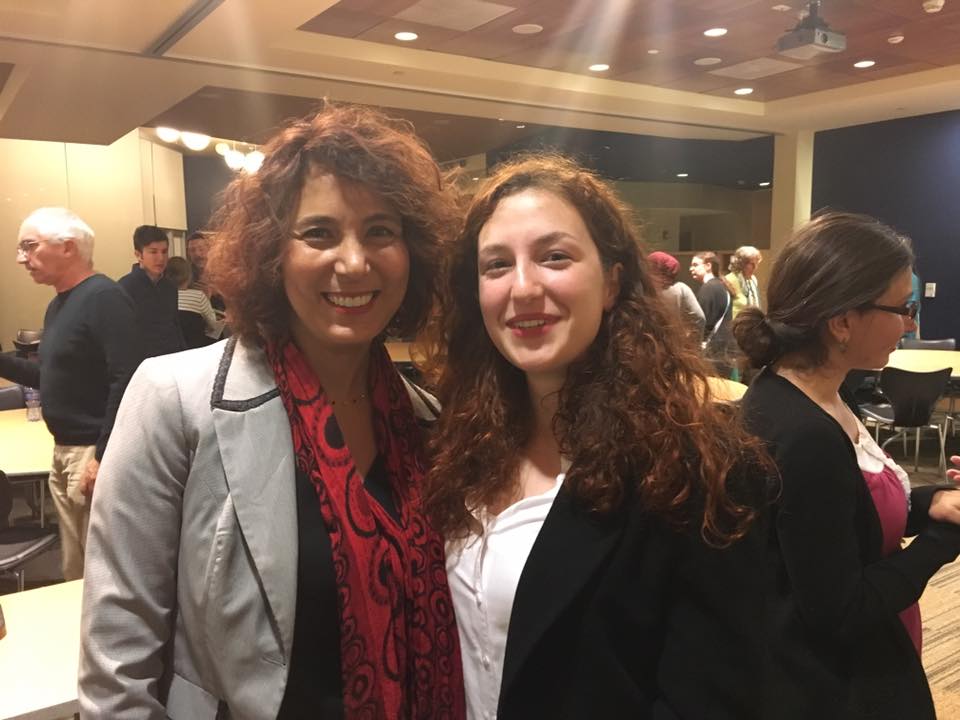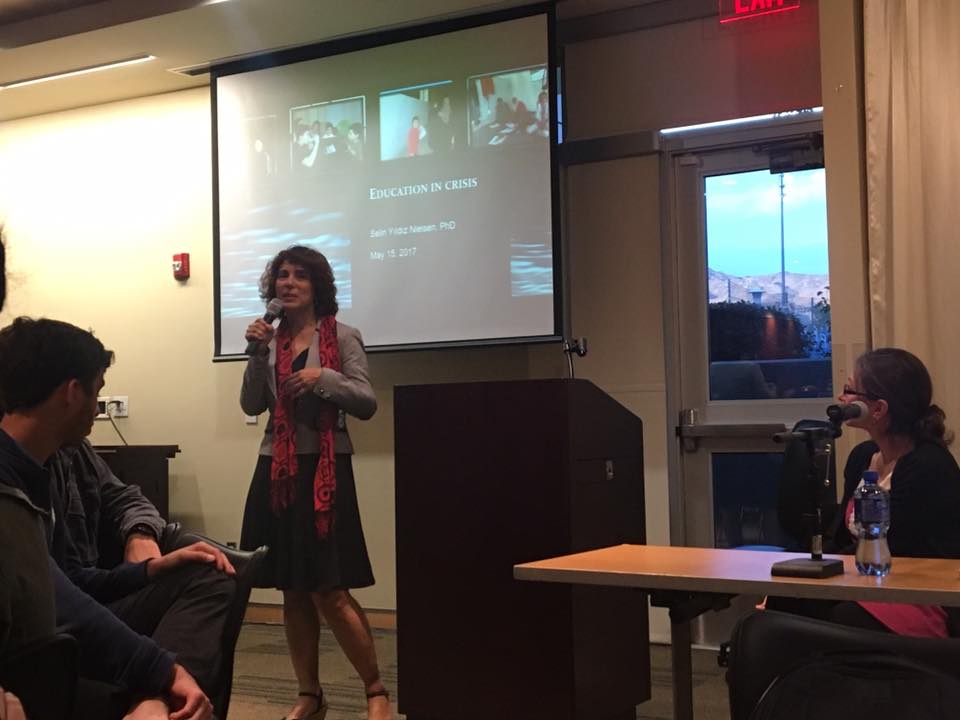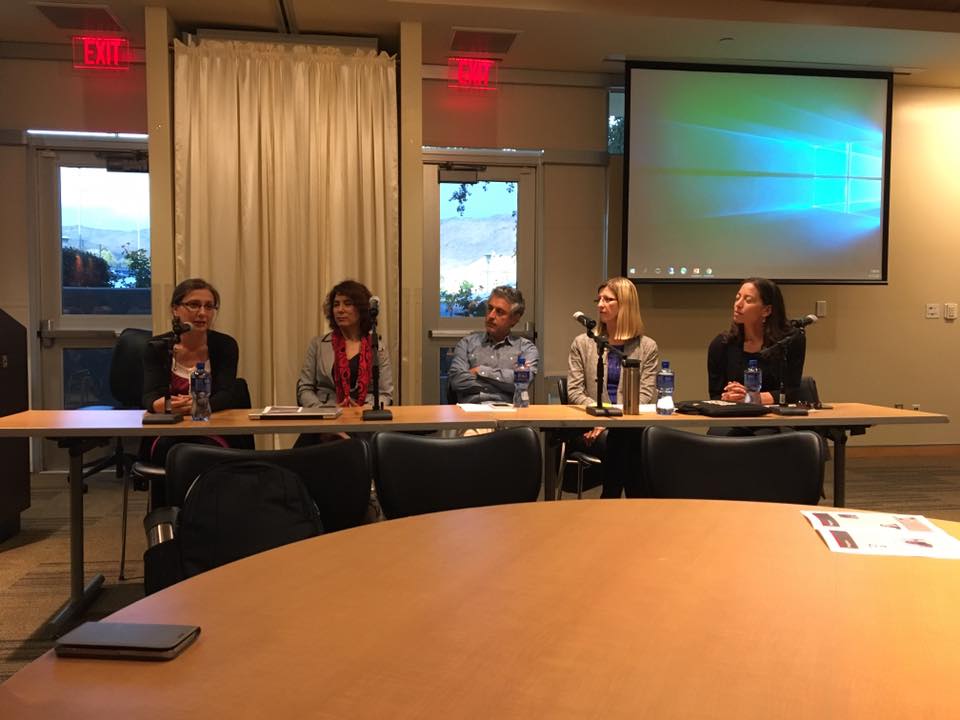Re-Envisioning Refugees: Empowerment Through Education Reflection
Glocally Connected's most anticipated talk was held at the UCR Alumni center with arguably our largest attendees, as of yet. A week has gone since our event at the University and the attentiveness and engagament of our audience still resonate with me. By the end of the event, I had the opportunity to see familiar faces, old professors and volunteers I haven't even met before.
Growth: our organization is growing. Our message is being heard.
More than half of our attendees signed up to be informed about our volunteer opportunities and future projects!
We thank all of our panel: Dr. Aslan for moderating and our audience for engaging in the dialogue. That evening, I realized that there are many people in the Inland Empire who actually want to communicate and get involve in our mission. I was reassured that a community exist here who is is willing to mobilize our global and local citizens. There is nothing more powerful than harvesting the same desire and will from like- minded individuals. It is truly a team's effort.
That is why Glocally Connected has always been an advocate of building self autonoumous means that propel and empower indivual's agency. We believe in the sole power and drive of agency.
Our local refugees are testaments of that resilience. The business ventures we have established in the area (i.e. Taste of Afghanistan) show that our local refugees are driven by communal and economic mobility. Entrepreneurship fosters economic and social gains and we are motivated to integrate our refugee community members in that endeavor as well.
A recap of last week's event highlight a common sentiment that all of our panel shared: resilience. This event was about Re-Envisioning Refugees not only through solidarity, advocacy and entrepeneurship but through education.
Our first speaker, Leen Kawas, is a PhD Candidate. She studies Comparative Literature at UCR. Leen shared her story as a refugee but illuminated her perseverance as a student. Yes, she said that she was a little worried about her residential status in light of our recent political changes, but she said that UCR was active in informing her of her rights as a student and the support provided to her.
Dr. Nielsen, President and Co-Founder of Glocally Connected, voiced the urgency of educating our refugee children. UNICEF asserts that this child refugee crisis is the worse since World War II. The following statistics illuminate UNICEF's reports:
Dr.Jessica Goodkind, faculty at the University of New Mexico and Director of the Refugee Well-Being Project illustrates ways to help integrate the refugee community. Similar to Glocally Connected Co-Founder, Sherry Mackay's message, both speakers did not shy away from sharing refugee's strengths: they are eager to learn about their community.
The Refugee Well-Being Project at University of New Mexico and Glocally Connected have many similarities; one, amongst many is teaching English as a Second Language. It is obvious how imperative it is to be able to communicate in a new homeland, thus, we make it a goal to cater and accomodate to this need.
With needs come strengths and we need to re-envision their agency.
Our international affair concerning refugees and refugee children highlights the perennial issue of state craft. We must challenge ideologies and question why issues of mobilization and integration remain a constant political and social battle in the 21st century? In 2017, why are we experiencing a #lostgeneration with children from war torn-countries all over the world deprived of safety, home and education? As adults and community members, we should keep accountability in mind.
Yes, let us re-envision their plight but let us ALSO act upon the urgency.
By: Kristina Fernandez, GC Director of Social Relations


